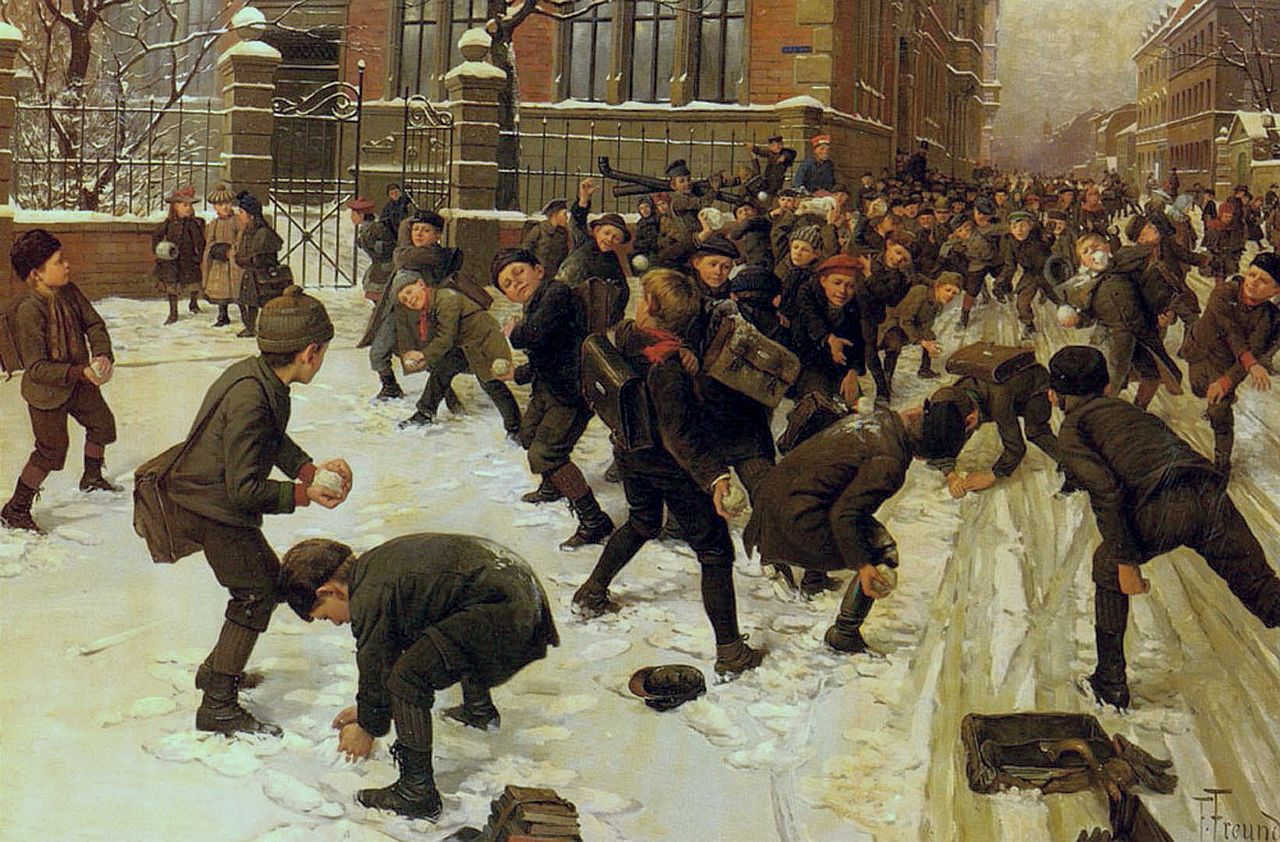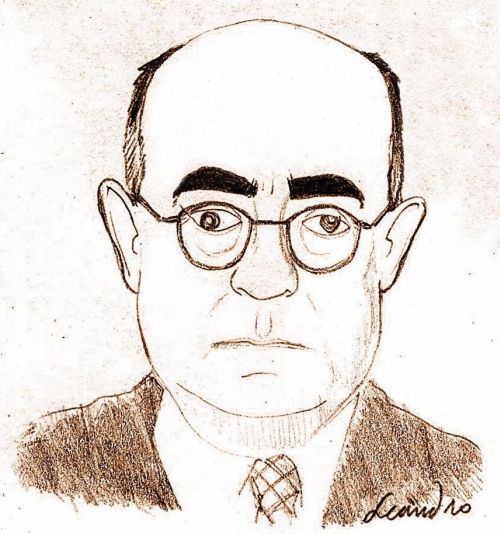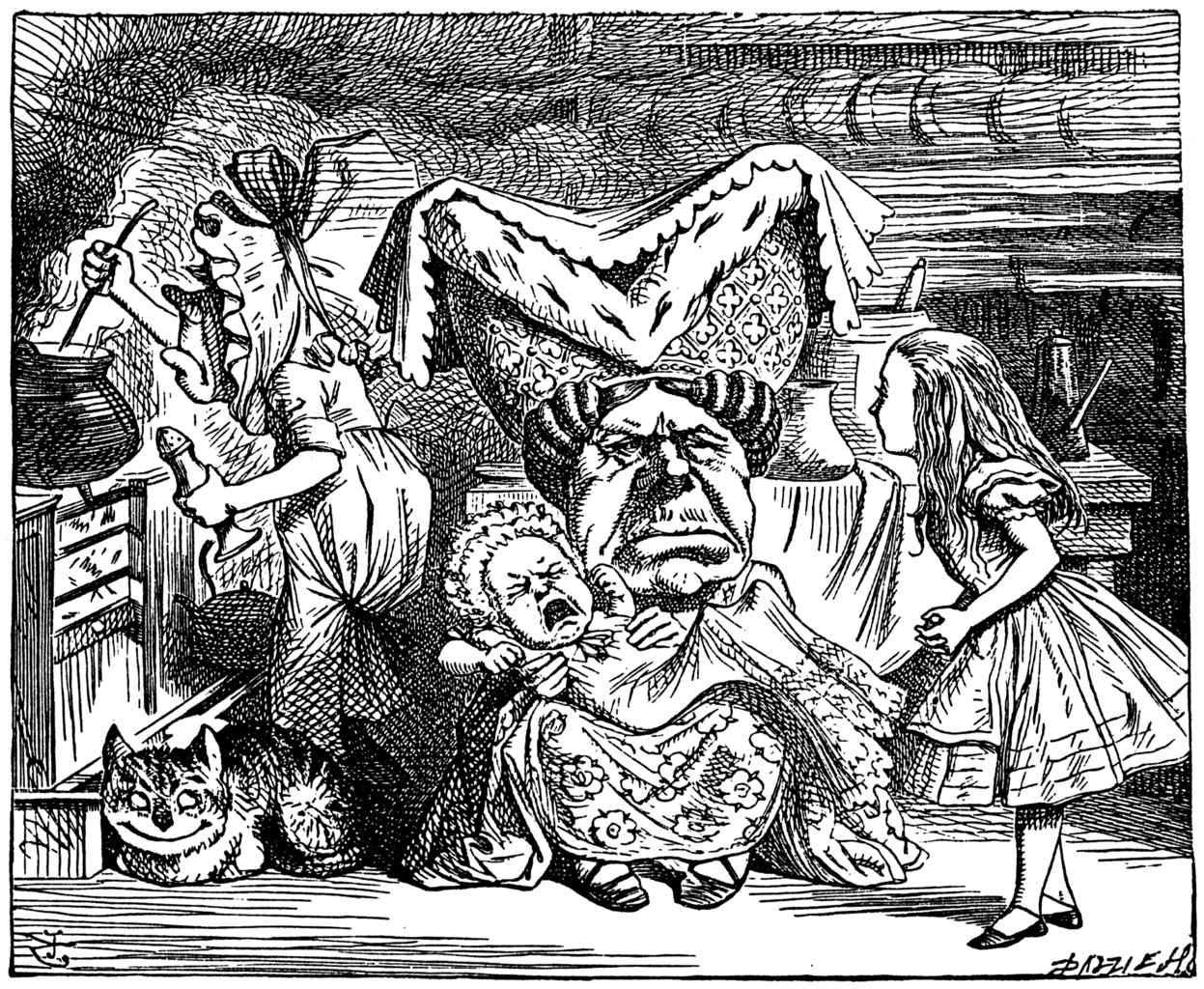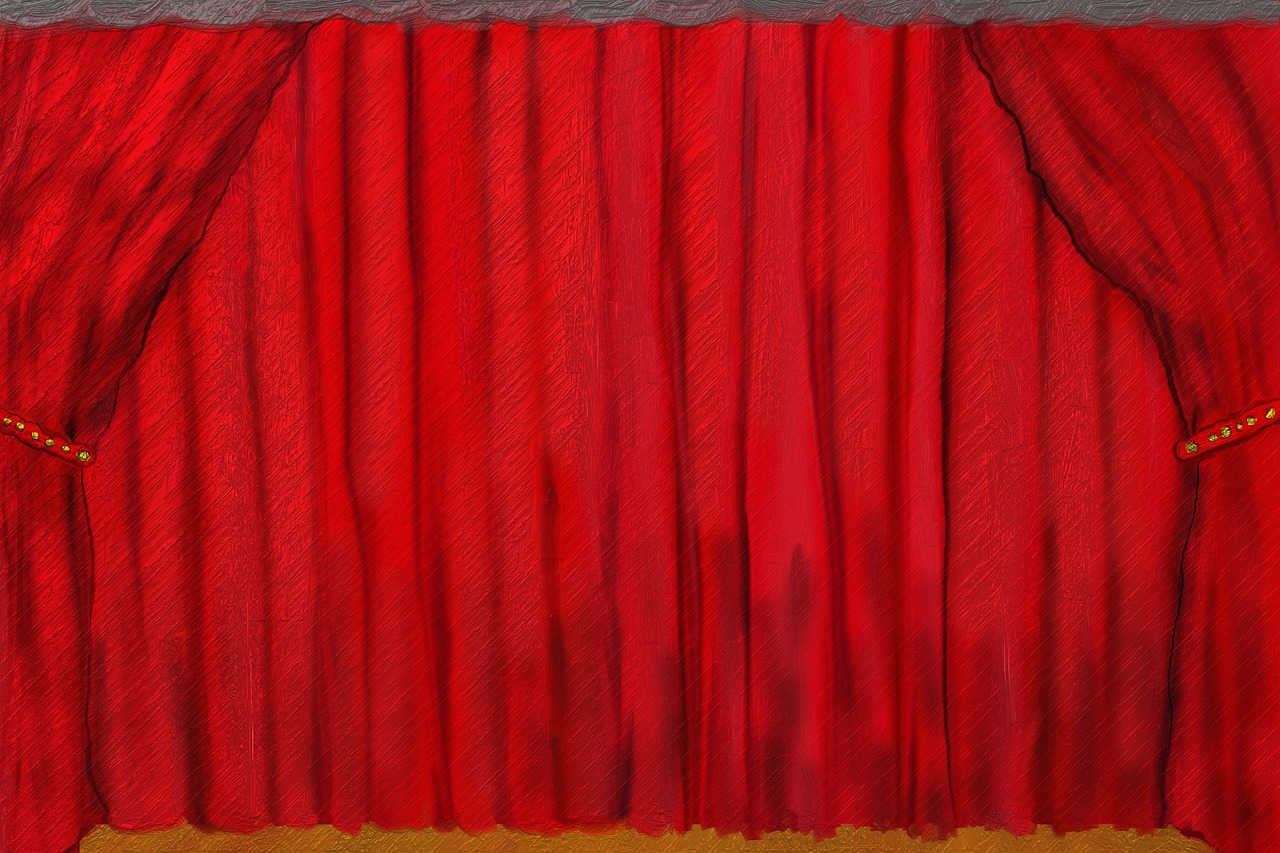In 1989 Poul Anderson wrote a short text using only words of Germanic origin, to show what English might look like if it expressed new concepts using German-style compounds rather than borrowing from other languages. The piece described atomic theory, or “uncleftish beholding”:
The firststuffs have their being as motes called unclefts. These are mightly small; one seedweight of waterstuff holds a tale of them like unto two followed by twenty-two naughts. Most unclefts link together to make what are called bulkbits. Thus, the waterstuff bulkbit bestands of two waterstuff unclefts, the sourstuff bulkbit of two sourstuff unclefts, and so on. (Some kinds, such as sunstuff, keep alone; others, such as iron, cling together in ices when in the fast standing; and there are yet more yokeways.) When unlike clefts link in a bulkbit, they make bindings. Thus, water is a binding of two waterstuff unclefts with one sourstuff uncleft, while a bulkbit of one of the forestuffs making up flesh may have a thousand thousand or more unclefts of these two firststuffs together with coalstuff and chokestuff.
The full text is here. Douglas Hofstadter called this style “Ander-Saxon.”
UPDATE: Apparently there’s a whole wiki for “Anglish,” including recastings of famous texts:
Four score and seven years ago our fathers brought forth on this greatland, a new folkship, dreamt in freedom, and sworn to the forthput that all men are made evenworthy. Now we are betrothed in a great folk-war, testing whether that folkship, or any folkship so born and so sworn, can long withstand. We are met on a great battle-field of that war.
(Thanks, Dave.)






